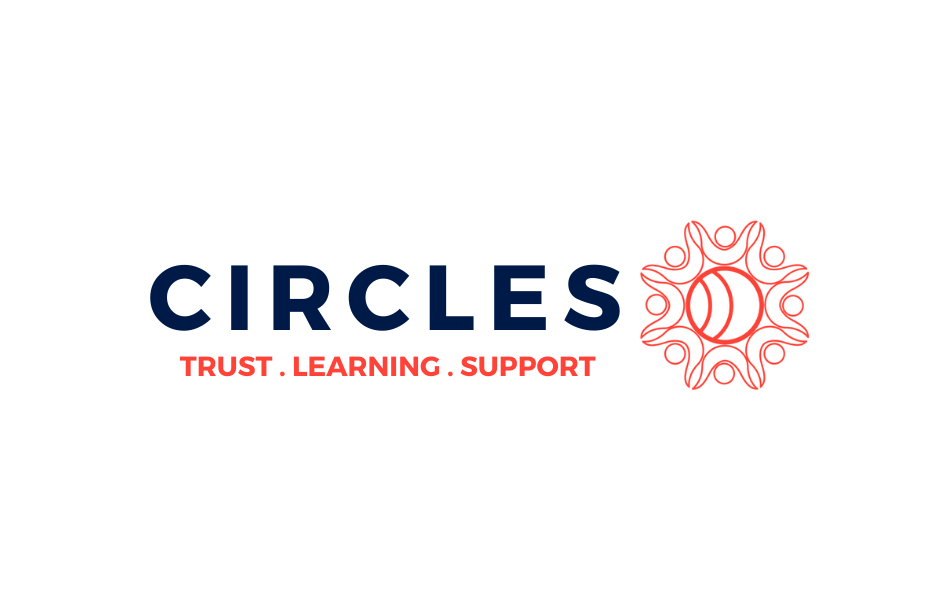Radical Imagination: Boldly Going Where We Have Not Gone Before
Fran Smith
Fran Smith Media
Milly Hawk Daniel
PolicyLink
Kay Fernandez Smith
San Francisco Foundation
Key Takeaways:
We have to be okay being uncomfortable in conversations about race, religion, gender, etc. if we are going to see change.
Communities are connected in many ways. Affecting the arts and culture affects political and social choices.
In our narratives strive to focus on the people creating the problems, not those suffering from them.
Session Summary:
No matter your role everyone in the field of communications has the same responsibility to bring your messages to an audience and motivate them to do what needs to be done. In order to bring about change we have to speak with equity about race, religion, and any of the other factors that have historically been used to separate people. We can’t shy away from the tough or uncomfortable subjects. There is so much progress we could make if we would just stop being scared of talking about race, religion, gender, or other divisive topics. It’s ok to be uncomfortable that is how we make things better.
We have to be willing to address the inaccuracy of our narratives. We have this glorified idea of what America used to be, but America was never great for everyone. We can’t shy away from talking honestly about where people have been treated unfairly if we want to remedy those problems. By specifically trying to help those who are most burdened, and not just focusing on making everything better for everyone, we will end up helping all. If we pretend a problem isn’t there, we can’t fix it. By focusing on and responding to our own reactions we will stop perpetuating racism and other negative assumptions.
Using bold creativity to imagine what our communities could look like is also imperative. Because creativity speaks to the heart as well as the mind it is an incredibly effective motivator for change. By nurturing the artists that lead culture we can cause change in our communities. In all the big social movements – black rights, marriage equality – cultural shifts preceded political and social change. Thus it is obvious that arts and culture are critical to change, but we are not often funding them as though they were. We need to work to encourage those who are living the experiences to have a voice and a say in the conversation.
Experts in this Field:
John A. Powell, director of the Haas Institute for a Fair and Inclusive Society
Resources & Tools:
How To Be an AntiRacist by Ibram X. Kendi
VIDEO: Due to technical difficulties the audience was not able to hear the sound of “Our Moment” but it was shown during the breakout and can be watched here: https://www.youtube.com/watch?v=BhWc6Dzy8xM
Radical Imagination (podcast):
Philanthropic Initiative for Racial Equity
Arts, Culture, and Equitable Development
Next Steps:
Think about your why. It is the why not the what that connects people and convinces them to join
Think big. You must be willing to take huge leaps in your ambition.
Think about equity. Equity is easily talked about, but without a lot of soul searching about what it really means for you or your organization it becomes a meaningless word.
Questions from the Audience:
Q: How do we talk do we talk about the people we serve when nothing sounds right any more?
A: We have to be honest and open and do it in a way that is inclusive and taps into the humanity of all. Center your stories on the people being impacted. Ask them for their advice, but also treat them like you would any consultant. Compensate them so they are able to take the time to give you advice.
These notes were captured by Catherine DeLaura and have been reviewed by the presenters Milly Hawk Daniel, Kay Fernandez Smith, and Fran Smith.


